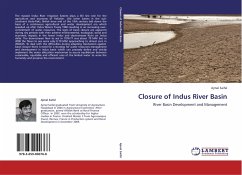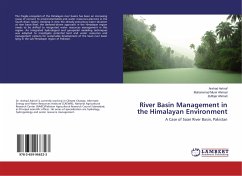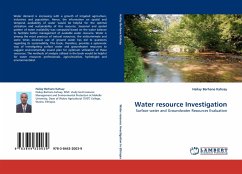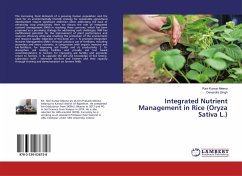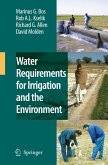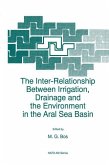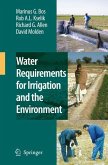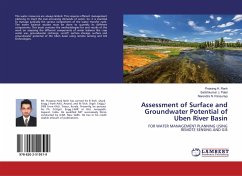The massive Indus River Irrigation System plays a life line role for the agriculture and economy of Pakistan. Like other basins in the sub-continent (Indo-Pak), British since mid of the 19th century laid down the basis of a continuous agricultural and water development era which speeded up after Indus Waters Treaty 1960 resulting in an increasing over-commitment of water resources. The signs of basin closure are apparent during dry periods with their adverse environmental, ecological, social and economic impacts in the lower Indus and downstream Kotri on Indus delta. The downstream flow to sea in 1976-77 was about 79 MAF but in 2000 the flows to sea were only 0.79 MAF approaching to almost zero in 2004-05. To deal with the difficulties during adapting mechanism against basin closure there is need for a strategy for water resources management and development in Indus basin which can precisely define and strictly implement the water allocation mechanism to secure equilibrium between sustainable, equitable and efficient uses of the limited water to serve the humanity and preserve the environment.
Bitte wählen Sie Ihr Anliegen aus.
Rechnungen
Retourenschein anfordern
Bestellstatus
Storno

